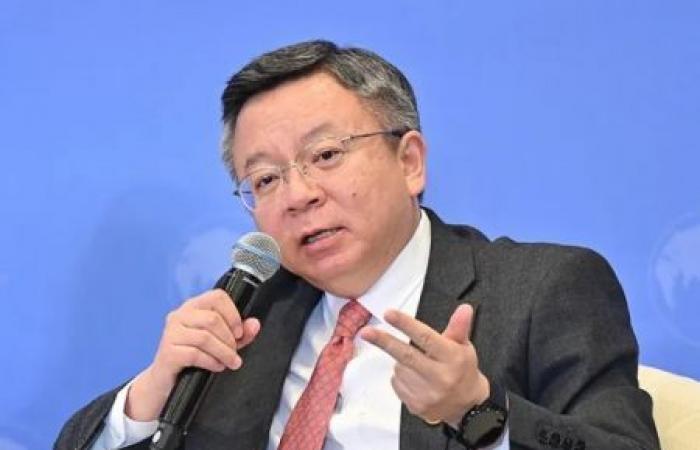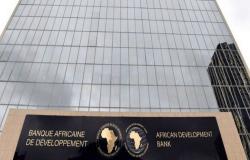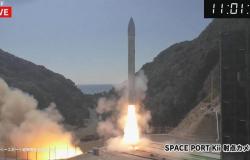(Ecofin Agency) – According to the IMF, these resources will be used to strengthen economic recovery and climate resilience, stabilize finances and promote reforms in the fiscal and financial sectors of the two countries.
The Executive Board of the International Monetary Fund (IMF) announced on Friday, December 13, total funding of $386.24 million for Tanzania and Rwanda. These funds aim to support the economic reforms underway in these two East African countries.
Tanzania will receive a total envelope of $204.5 million, divided into two components, notably $148.6 million under the Extended Credit Facility (ECF) and $55.9 million via the Resilience and Sustainability Facility (FRD). ). As for Rwanda, it will benefit from funding of $181.74 million, including $94.23 million as part of a mixed agreement associating the Policy Coordination Instrument (PCI) and the FRD, as well as $87.51 million under the Standby Credit Facility (CCF).
These disbursements, made after the evaluation of current economic programs, aim to strengthen the resilience of the two countries in the face of climate shocks while supporting their economic development.
The IMF was satisfied with the progress made, welcoming efforts to strengthen fiscal space, improve monetary policies, increase financial supervision, as well as implement structural and climate reforms.
Growth Forecasts
For Tanzania, the IMF anticipates economic growth of 5.7% for the 2024-2025 financial year compared to 5.3% in 2023-2024. The institution also noted an improvement in external and budgetary balances, inflation controlled within the limits set by the Central Bank and an easing of tensions on the foreign exchange market.
As for Rwanda, economic growth is expected to reach 8.3% in 2024, compared to 8.2% in 2023. “ The Rwandan economy has demonstrated remarkable resilience, supported by strong growth in key sectors and a recovery in agricultural production. Inflation remained stable, reflecting effective monetary policies said Bo Li (photo), Deputy Managing Director of the IMF.
However, the institution warns of some lingering vulnerabilities for Rwanda, including a growing current account deficit and exchange rate pressures, which could pose challenges in the medium term.
Charlene N’dimon






